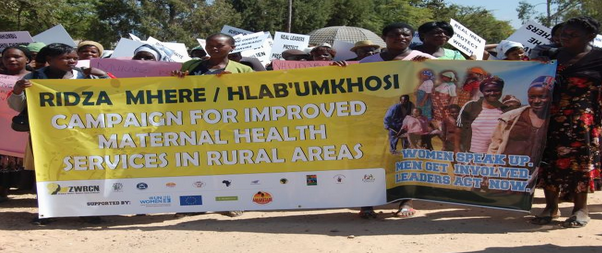When in Rome, do as the Romans; or so says the proverb. This can be useful advice not only to help us discover local delicacies and avoid social faux pas while travelling, but also − as we learn in this article − when working with civil society movements on transparency and accountability initiatives. Lila Caballero shares insights from interviews at the Evidence and Influence Info-Activism Camp with information activists working on transparency and accountability projects.
The transparency and accountability technology movement has been around for over a decade now and in that time we’ve seen lots of impressive projects force authorities to be much more open and accountable to citizens across a wide range of issues and from a vast array of countries. Making information accessible and empowering citizens to exercise their ‘right to know’ are important goals for those working on these projects.
But while some projects and programmes have been successful, others have not. This begs the question: What works and what doesn’t? What elements are critical to success? Can we write-up a successful recipe for making authorities more transparent and accountable so people can apply what works all around the world?
What counts as a successful transparency and accountability-related initiative is incredibly subjective since success is inextricably linked to the overall goals of the particular organisation, network or group implementing an initiative and these could involve anything from changing the behaviour of certain stakeholders, to influencing national budgets or even achieving constitutional amendments. Whatever the ultimate goal might be, the most common approach taken when using technology to force governments to become more accountable is collective action – that is, by getting as many voices as possible to scrutinise what’s going and demand change in unison. The immediate challenge in setting up initiatives that seek to do this is to gather and then leverage widespread support. Doing this needs cultural intelligence.
Amira Khalil, Javie Ssozi and Natasha Msonza − three of the many bright and resourceful activists who attended the Evidence and Influence Info Activism Camp in June 2013 − have learnt over time that engaging local communities is not always straight forward. Their work in pushing for government transparency and accountability is an ongoing process involving constant analysis and the tweaking of tools and messages. All three say that to achieve a desired impact one must always first take the time to listen and observe.
Amira Khalil is a researcher at the Egyptian Centre for Social and Economic Rights, a strategic litigation office monitoring the state budget and advocating for budget transparency and accountability. Amira’s work also involves monitoring the availability of government data and its relevance. Here she talks about their work in Egypt on the Centre’s Information Portal and the challenges in collecting and making information available and accessible to the public in such an unstable environment.
In our interview it became clear that Amira’s work is all about making government information more accessible, not just to citizens and social movements but also to decision-makers themselves. Her project is at its early stages and so far what’s clear is that the Egyptian context is really like no other; being receptive and agile to local developments and creative in terms of engagement tools will perhaps be the most crucial survival tactics for her endeavour. As Amira noted in our interview, Egyptians are likely to remain interested in participating in the reconstruction of their political institutions and public services, and her team should be able to capitalise on this collective desire to be engaged and involved in political change.
Next we hear from Javie Ssozi. In our interview, he discusses how using local cultural symbols and harnessing the power of popular media is key to boosting levels of mobilisation for transparency and accountability. A Ugandan technologist, Javie works as a consultant for organisations to train citizens to use mobile technology to monitor and report on the status of public services across his country’s provinces. His work hinges on the principle of interaction and direct feedback to citizens. Here he talks about two projects that are supporting citizen’s to provide feedback about local services and governance.

Image taken from the Zimbabwe Women’s Resource Centre and Network’s website
In turn, from our conversation with Natasha Msonza, an activist who worked until August 2013 in Harare for the feminist organisation Zimbabwe Women’s Resource Centre and Network, we learn the importance of factoring in the constraints imposed by gender roles and expectations. Natasha’s former organisation seeks to increase skills and build capacities of women to use ICTs and to become more prominent and active in demanding transparency and accountability from the government. With a particular focus on gender budgets and on making the government allocate social budgets more equitablly, Natasha’s organisation does advocacy across the country through budget action committees. Of particular importance to them is the issue of maternal health.
All three of these information activists show us that transparency and accountability campaigns and initiatives that take into consideration the local inhibitors to participation, as well as the potential community levers, have a better chance to succeed. Even if tools, methods and conversations in each of these examples reflect the broader, global movement for transparency and accountability, they must be carefully translated into the local language and experience, weaving in the social, historical and cultural roots of political mobilisation. In this way Amira, Natasha and Javie have highlighted that widespread political empowerment will only work if all people understand their rights and have the capacity and knowledge to exercise them, but also that they feel and know they are being meaningfully responded to.
By Lila Caballero. Lila works for the UK Consultancy, Counterpoint, who work with clients to better understand and analyse cultural and social codes.

